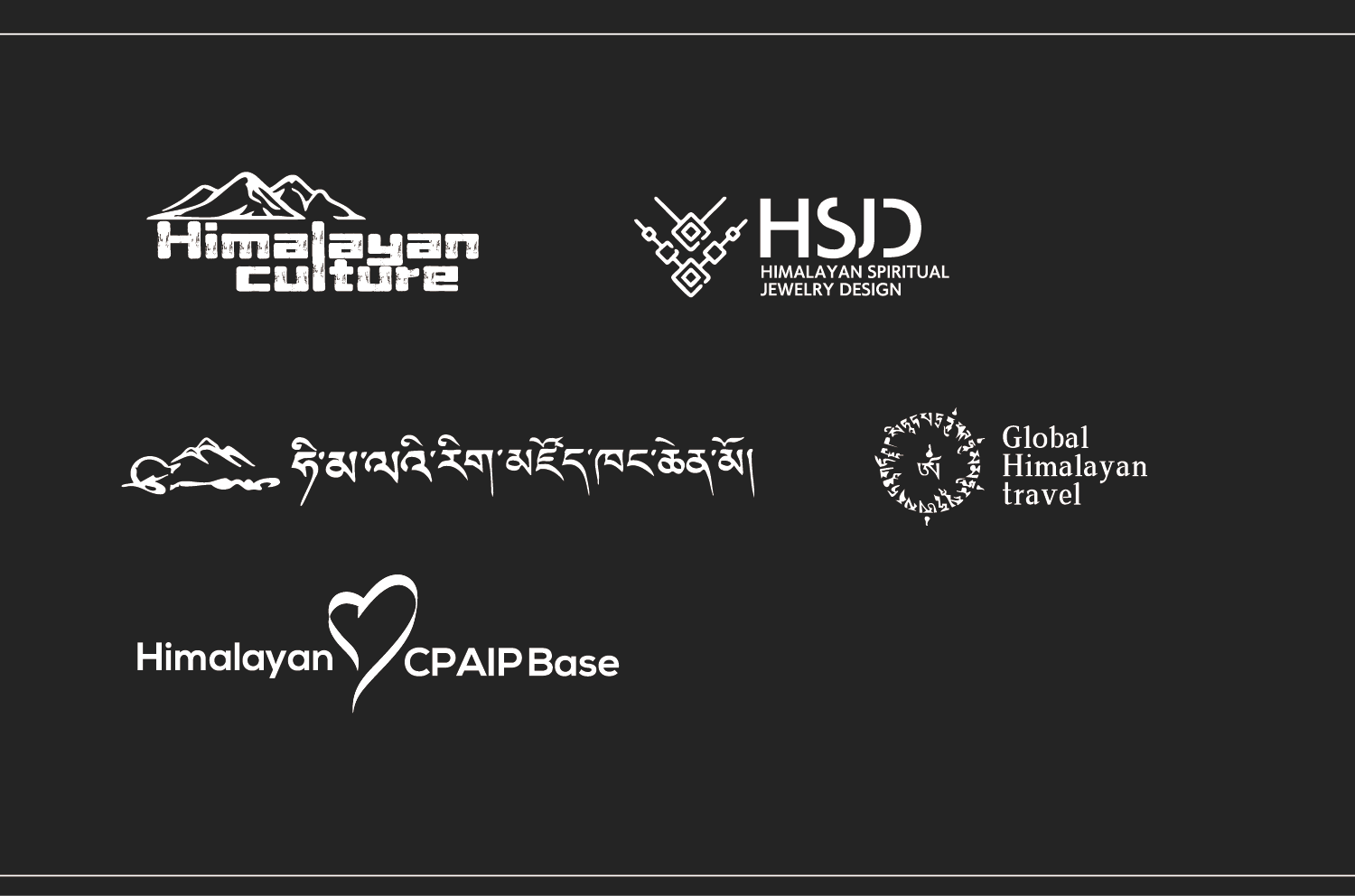In a global context, numerous Buddhist societies are dedicated to offering authentic information on Buddhism. These societies not only provide followers with opportunities to delve into the doctrines and practices of Buddhism but also play a crucial role in fostering cross-cultural dialogue and understanding. This article will delve into five aspects, highlighting the contributions of these Buddhist societies in safeguarding Buddhist traditions, advancing education, disseminating orthodox doctrines, promoting community engagement, and leveraging technology.
1. Safeguarding Buddhist Traditions
Many Buddhist societies are committed to preserving and transmitting Buddhist traditions. These societies ensure the continuity of Buddhism's history and rituals by organizing temple maintenance, traditional ceremonies, and festivals. Simultaneously, some societies use digital means to archive precious scripture, preventing its loss. Such efforts contribute to ensuring the foundations of Buddhism remain solid, providing a profound understanding of Buddhist traditions for the new generation.
2. Advancing Education
Buddhist societies are at the forefront of advancing education, fostering a profound impact not only within traditional institutions but also through the dynamic avenues of online platforms and community activities. In a world increasingly interconnected by technology, these societies have embraced innovative approaches to disseminate the rich tapestry of Buddhist wisdom. They actively organize a myriad of educational events, such as lectures, seminars, and training courses, creating invaluable opportunities for both believers and non-believers to delve into the profound doctrines and practices of Buddhism.
Traditional institutions remain bastions of learning, where the age-old teachings are imparted with a meticulous dedication to preserving the authenticity of Buddhist knowledge. Monasteries and temples serve as centers of intellectual exploration, where monks and scholars engage in rigorous study and contemplation. Moreover, these institutions often collaborate with universities and academic organizations to ensure a comprehensive understanding of Buddhism that integrates both spiritual and scholarly perspectives. The synergy between traditional and modern education is pivotal in sustaining the vitality of Buddhist teachings, ensuring they resonate with contemporary minds while preserving the essence of an ancient philosophical system.
The advent of online platforms has revolutionized the accessibility of Buddhist education, transcending geographical boundaries and reaching a global audience. Buddhist societies leverage digital tools to offer virtual lectures, webinars, and interactive courses. This not only caters to the needs of individuals unable to physically attend traditional institutions but also facilitates a diverse and inclusive learning environment. Online platforms enable the dissemination of teachings in multiple languages, breaking down linguistic barriers and making the profound wisdom of Buddhism accessible to people from various cultural backgrounds. Additionally, these platforms provide a space for dialogue and discussion, fostering a global community of individuals interested in exploring and understanding the principles of Buddhism.
Community activities organized by Buddhist societies play a pivotal role in bridging the gap between theoretical knowledge and practical application. Workshops, meditation retreats, and outreach programs serve as vehicles for individuals to experience the transformative power of Buddhist practices in their daily lives. By engaging with the community, these societies not only dispel misconceptions about Buddhism but also stimulate genuine interest in its philosophical underpinnings. This grassroots approach fosters a deeper connection between individuals and the teachings of Buddhism, transcending the boundaries of mere academic study and transforming knowledge into a lived experience.
Buddhist societies play a pivotal role in education, not only within traditional institutions but also through online platforms and community activities. They organize lectures, seminars, and training courses, enabling both believers and non-believers to gain a deeper understanding of Buddhist doctrines and practices. This helps dispel misconceptions about Buddhism and stimulates interest in this ancient philosophical system.
3. Disseminating Orthodox Doctrines
To counter the trends of distortion and misuse of Buddhist teachings, some societies focus on disseminating orthodox doctrines. By publishing books, conducting research meetings, and utilizing online platforms, they strive to explain core Buddhist concepts, clarify misunderstandings, and ensure the correct interpretation of the pure doctrines of Buddhism. This is crucial in preventing the misdirection and abuse of Buddhist teachings.
4. Promoting Community Engagement
Buddhist societies actively foster connections among believers and encourage community engagement. Through organizing group practices, charitable initiatives, and community services, they cultivate a community spirit of compassion and mutual assistance. This community engagement not only strengthens the bonds among believers but also provides an opportunity for outsiders to glimpse into Buddhist practices.
5. Leveraging Technology
With the continuous development of technology, many Buddhist societies are harnessing its power, utilizing social media and online learning platforms to disseminate Buddhist doctrines. This provides a more convenient learning path for people worldwide and enhances the global reach of Buddhism. Additionally, the use of technology makes information about Buddhism more accessible to the younger generation, contributing to the future transmission of Buddhism.
In conclusion, Buddhist societies worldwide contribute through various means to provide authentic information on Buddhism. Their efforts not only aid in safeguarding and transmitting Buddhist traditions but also, through advancing education, disseminating orthodox doctrines, promoting community engagement, and leveraging technology, make positive contributions to the survival and development of Buddhism in today's world.




















